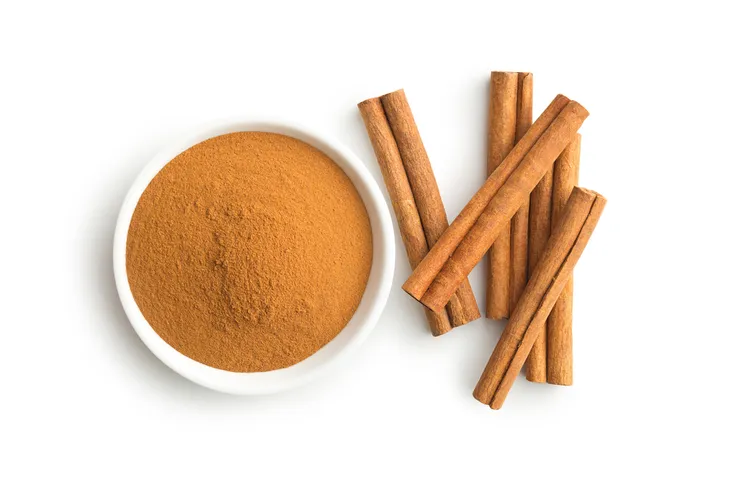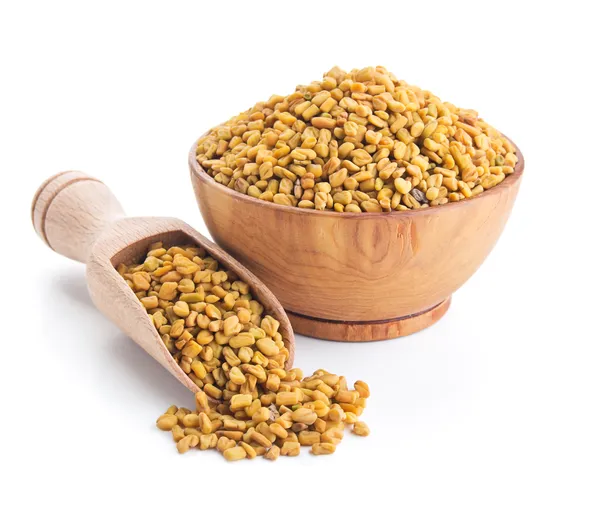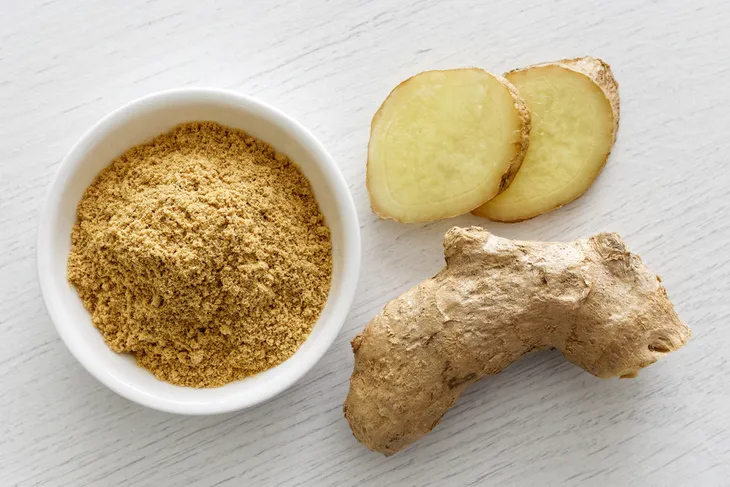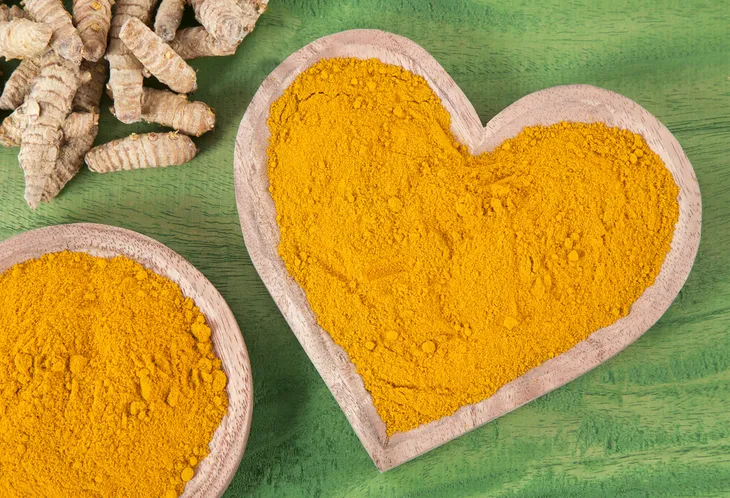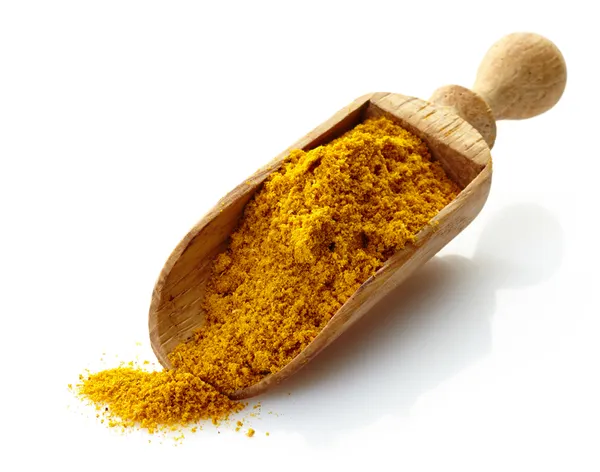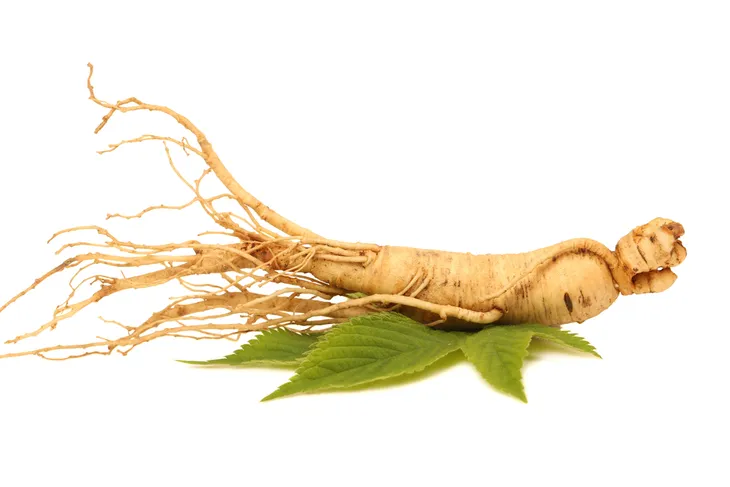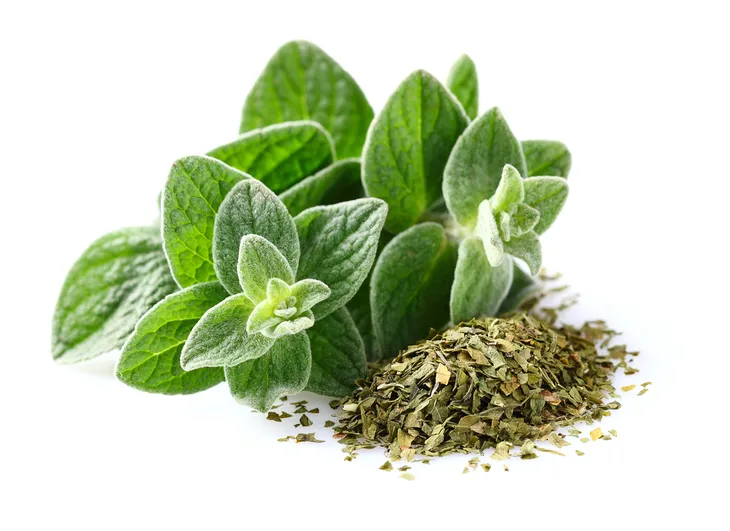Diabetes is a rising health concern in the Western world. For those who have been diagnosed with either type 1 or type 2 diabetes, maintaining normal blood sugar levels is both important and an ongoing struggle. But it is possible, so long as one keeps close tabs on their diet.
Thankfully, there are a number of herbs and spices that can help a diabetic keep their blood sugar levels normal while maintaining a healthy body weight…
Want diabetes content delivered straight to your inbox? Sign up for our Diabetes newsletter and receive exclusive news and articles written from our team of diabetes experts.
1. Cinnamon
Cinnamon is one of the world’s most popular spices. This widely available spice makes an excellent addition to many common dishes, from pancakes to oatmeal to toast.
But cinnamon also contains bio active components that help diabetics lower their blood sugar levels. In fact, research has shown that consuming just a few grams of cinnamon each day can both normalize blood sugar and lower LDL (or bad) cholesterol. It can even help to raise HDL (or good) cholesterol levels.
2. Fenugreek
If you’re a diabetic, you should consider adding fenugreek, a relatively unknown herb, to your diet as soon as possible. That’s because fenugreek—which can be acquired in flour form—can help improve glucose tolerance, lower blood sugar levels, and improve one’s cholesterol.
Although fenugreek is often consumed in its flour form, it can also be acquired as seeds. If this is the case, soak the seeds in water and then drink the water on an empty stomach. Of course, consult a doctor beforehand.
3. Ginger
Ginger makes an excellent and flavorful addition to many popular dishes, like stir fry. But it’s also helpful to diabetics looking to control their blood sugar levels. In fact, research has shown that daily consumption of just three grams of ginger (in capsule form) can help people with type 2 diabetes lower their cholesterol, maintain blood sugar levels, and keep a healthy body weight.
If you’re not interested in taking ginger capsules, try adding two to three cups of ginger tea to your diet. Ginger also adds a unique flavor to many vegetable-heavy dishes.
4. Turmeric
Turmeric, the bright yellow spice that can often be found in Indian food, offers an excellent way to lower blood sugar levels. It’s also a proven anti-inflammatory and antioxidant that’s good for the heart and can even assist in weight loss. As if that isn’t enough, studies have shown that turmeric can help patients suffering from kidney-related issues.
Turmeric makes an excellent addition to just about any savoury dish but it can also be taken as a supplement. Just talk to your doctor beforehand.
5. Garlic
Where would the cooking world be without garlic? This incredibly flavourful herb makes an excellent addition to many dishes from all around the world, including spaghetti, stir fry, even hamburgers.
But eating garlic is also an excellent way to lower blood sugar levels. That’s because garlic is a proven antidiabetic that contains sulfur components capable of helping defend against oxidative damage. When consumed regularly, it can help people with diabetes maintain healthy blood sugar levels and even lower their cholesterol.
6. Curry Powder
Curry powder is, without a doubt, one of the most aromatic spices in the world. It makes an excellent addition to just about any sauce and is the foundation of much of the world’s diet.
But it also offers an excellent way for diabetics to keep their blood sugar levels normal. That’s because curry powder contains hypoglycemic properties that assist in regulating blood glucose levels. It can also reduce the risk of oxidative stress and influence carbohydrate metabolism.
7. Aloe Vera
Many of us have turned to the Aloe Vera plant to soothe a recent skin burn. But it can also help lower blood sugar levels at a remarkable rate. In fact, studies have shown Aloe Vera can actually remove excess sugar from the blood—making it a must-have tool for diabetics.
Diabetics can get their daily fill of Aloe Vera by drinking a glass of its juice. Aloe Vera can also be consumed in the form of a once-a-day capsule.
8. Cloves
Powerful tasting and highly aromatic cloves make an excellent addition to many holiday dishes. But this herb is also known for its antioxidant and anti-inflammatory properties that can help diabetics lower their blood sugar levels and stay healthy.
In fact, studies have shown that consuming just one to three grams of cloves each day can help both manage glucose and cholesterol levels. To get cloves in your diet, add the herb to your cooking or consider taking them in supplement form.
9. Ginseng
Ginseng has been used for medicinal purposes for centuries. One reason: it’s known to help increase the hormone that regulates glucose in the blood and reduce the complications associated with diabetes. It can even assist in the metabolizing of carbohydrates, a common issue for people with type 2 diabetes.
To add ginseng to your diet, consider taking it in capsule form or drinking one to two cups of ginseng tea each day. Of course, consult your doctor before adding ginseng to your diet.
10. Oregano
Few great pasta dishes omit oregano, a famous herb that packs a ton of flavor. But it’s also a helpful tool for diabetics looking to lower their blood sugar levels and stay healthy.
That’s because studies have shown that oregano—along with rosemary—can help inhibit the enzyme dipeptidyl peptidase IV that promotes the secretion of a hormone produced in the pancreas which regulates glucose in the blood. To add oregano to your diet (without adding it to your meals), drink oregano oil in a glass of water or take an oregano pill.

